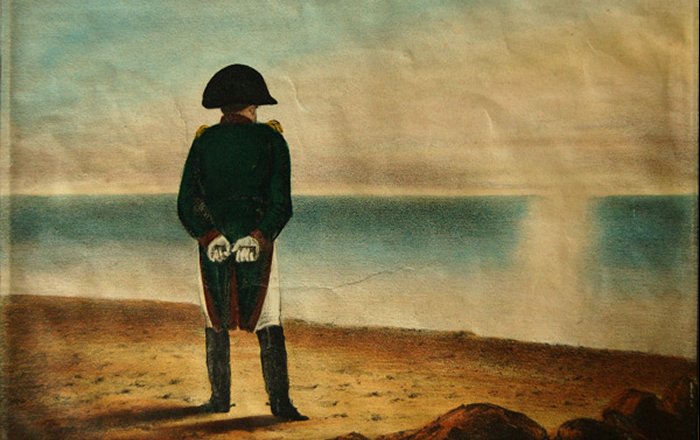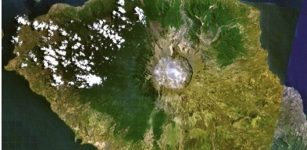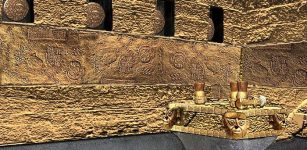On This Day In History: Napoleon Exiled To Elba – On Apr 11, 1814
AncientPages.com - On April 11, 1814, Napoleon Bonaparte, emperor of France and one of the most outstanding military leaders in history, abdicated the throne and was banished to the Mediterranean island of Elba.
Napoleon on Elba, an early 19th-century painting of the French dictator in exile. Image credit: - Victorian Visual Tech - Public Domain
The future emperor was born in Ajaccio, Corsica, on August 15, 1769. After attending military school, he fought during the French Revolution of 1789. He rapidly rose through the military ranks, leading French troops in several successful European campaigns in the late 1700s.
By 1799, he had established himself at the top of a military dictatorship. In 1804, he became emperor of France and continued to consolidate power through his military campaigns. By 1810 much of Europe came under his rule.
Although Napoleon had a reputation for being power-hungry and insecure, he is also credited with enacting a series of significant political and social reforms that had a lasting impact on European society.
In 1812, thinking that Russia was plotting an alliance with England, Napoleon launched an invasion against the Russians, eventually ending with his troops retreating from Moscow and much of Europe uniting against him. In 1814, Napoleon's broken forces gave up, and Napoleon offered to step down in favor of his son.
"What I want you to preserve is the honor and not a few planks and men."
- Napoleon Bonaparte said.
When this offer was rejected, he abdicated and was sent to Elba, an island famous for its natural beauty because it is linked to Napoleon Bonaparte. He did not stay there for a long time. However, his brief (only ten months) exile was historically significant.
On February 26, 1815, he escaped from Elba during a masquerade carnival party. He returned to Paris, where he regained supporters and reclaimed his emperor title, Napoleon I, in a period known as the Hundred Days. However, in June 1815, he was defeated at the bloody Battle of Waterloo.
It was his definitive defeat, and thus, he faced a second exile on the island of Saint Helena, located in the southern Atlantic Ocean. He lived out the rest of his days there and died at age 52 on May 5, 1821, possibly from stomach cancer, although some theories suggest that Bonaparte was poisoned.
AncientPages.com
Expand for references




















